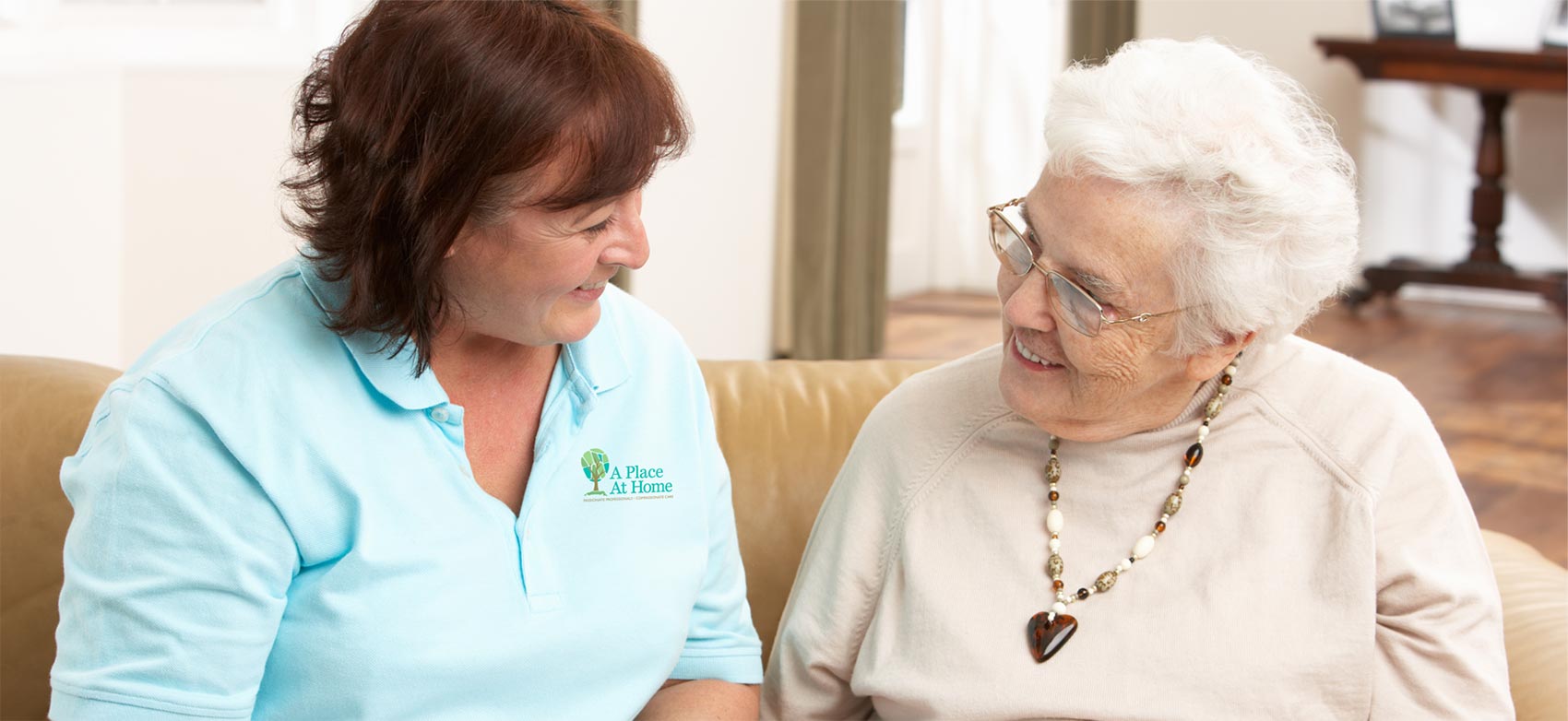If your loved one has dementia, wandering can be a big source of worry. The Alzheimer’s Association finds that 6 in 10 people living with dementia wander at least once, with many doing so multiple times. Wandering may sound harmless, but it’s actually very dangerous and sometimes life-threatening. However, there are ways to prevent your loved one with dementia from wandering, including wearable GPS trackers for the elderly. Learn about GPS tracking for seniors with dementia and how to keep them safe in an ethical way.
Keeping Track of a Loved One With Dementia
Caring for seniors with dementia requires creativity and resourcefulness. GPS tracking devices offer invaluable assistance in keeping track of your loved one. A wearable GPS tracker for elderly individuals allows you to monitor their location in real time. You can stay informed regarding their whereabouts at home, on a walk, or even in unfamiliar surroundings, not only easing your anxiety but also helping to find them quickly if they happen to wander off.
Another option is a smartphone app designed to track someone’s location. Apps such as BoundaryCare allow you to set up safe boundaries, so you’ll receive a notification when your loved one crosses the margin.
Safe, Effective, and Ethical Tracking Solutions
When it comes to tracking devices for elderly individuals with dementia, safety, effectiveness, and ethics must be the top priorities. GPS tracking devices designed specifically for people with Alzheimer’s or dementia are non-invasive and prioritize their well-being. The devices are lightweight, discreet, and fit like a comfortable watch or pendant. Most importantly, they do not interfere with your loved one’s daily activities or cause any discomfort. If you don’t want to use another device, you can download an app on your loved one’s phone or smartwatch to track them.
It’s essential to choose a tracking device that offers accurate and reliable location data. Look for devices that use GPS, Wi-Fi, and cellular technology to ensure that you can access location information, even if they are indoors or in areas with poor GPS signal coverage. Additionally, opt for devices with long battery life to avoid frequent charging, as your loved one might forget to charge the device regularly.
Moreover, involve your loved one in the decision-making process as much as possible. Explain to your loved one why the tracking device is necessary for their safety and reassure them that it is not a means of control but rather an extra layer of protection. Getting their consent and understanding can help ease any feelings of distress or violation of privacy.
Prevent Wandering in Seniors With Dementia
Wandering is common for those with dementia, and preventing it requires a multifaceted approach. While GPS tracking devices can play a vital role in finding a senior who has wandered off, other preventive measures can significantly reduce the likelihood of wandering incidents.
- Safe home environment: Make sure the home environment is secure, with locks and alarms on doors and windows. Consider using doorknob covers that may be challenging for them to open.
- Routine and structure: Establishing a predictable daily routine can help reduce restlessness and confusion in individuals with dementia, making them less likely to wander.
- Identification and emergency contact: Ensure your loved one wears identification with their name, address, and emergency contact number. If they do wander off, this information can be invaluable in reuniting them with you.
- Engaging activities: Take part in engaging them with activities that stimulate their mind and body, such as a crossword puzzle. Boredom and restlessness can sometimes trigger wandering behavior.
Seek Help from the Professionals at A Place At Home
Navigating the world of caring for a parent of a loved one is challenging. While many tools exist, such as wearable GPS trackers for elderly individuals, there are still life-threatening risks of leaving those with dementia alone.
Find peace of mind by hiring in-home caregivers with A Place At Home. Our dementia care services assist with daily living activities such as meal preparation, cooking, and eating, as well as managing assistive devices like hearing aids, glasses, and ambulatory aids. Our trained caregivers help your loved ones stay as independent as possible. We will visit you and your loved one to determine the perfect care plan, whether a couple of hours a day or 24/7 assistance.
Find a location to begin the journey of finding a specialized care plan to keep your loved one safe.







